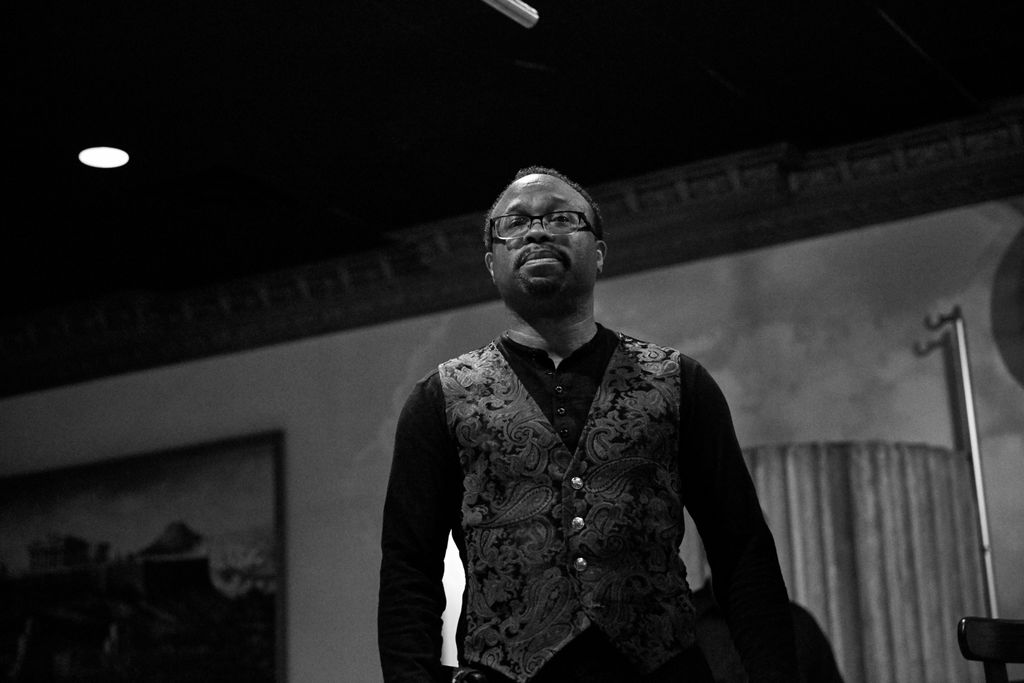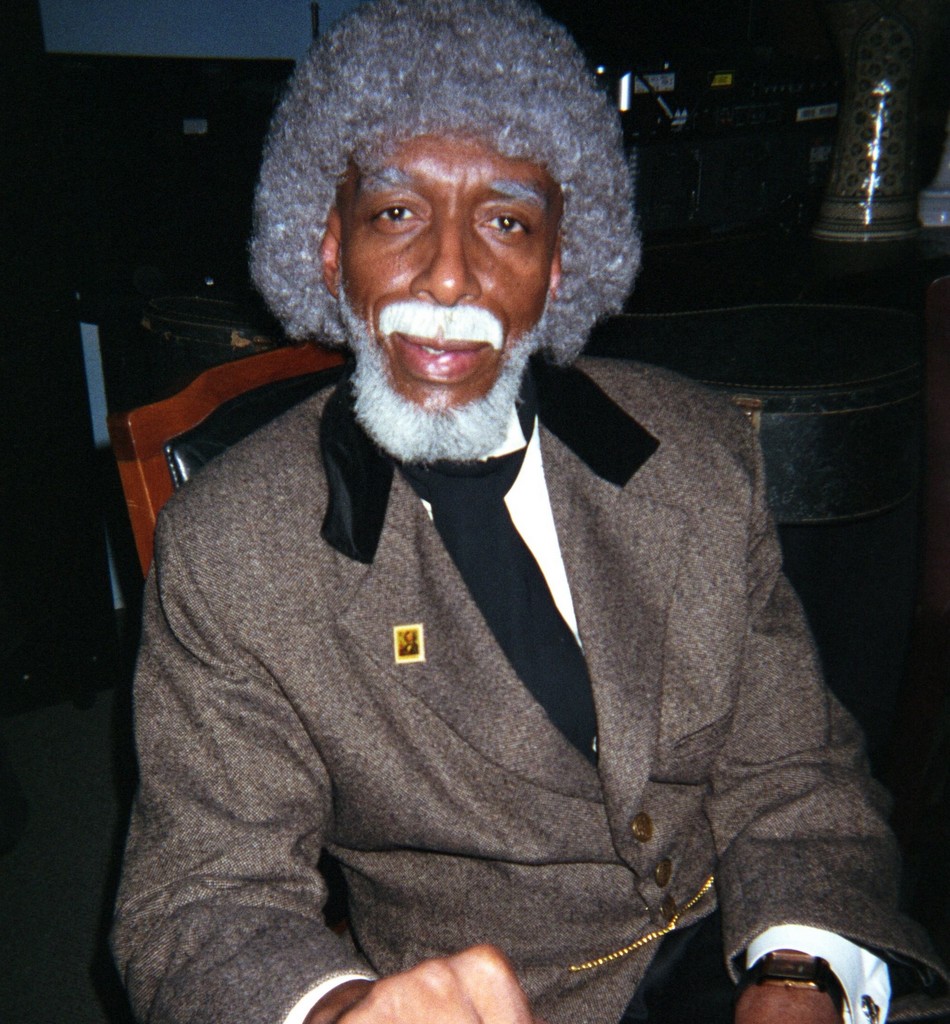[ad_1]
By Rafael Alvarez
Special to the AFRO
“The question is … who is to be included in your dream of the future?
Isaac Myers, “The Moment Was Now”
Late on a Sunday afternoon, the voices of Frederick Douglass and Isaac Meyers boomed inside an empty hall at Emmanuel Episcopal Church in Mount Vernon. The long-dead Black heroes were brought to life by actors rehearsing for a musical that imagines the good that might have happened during Reconstruction.
Myers, a Baltimore-born Black trade unionist, is portrayed by Darryl! Moch, who directs the play, The great Douglass, who escaped slavery while working with Myers in a shipyard on the Fells Point waterfront, is played by LeCount R. Holmes Jr.

Set in 1869 Baltimore and written by retired labor organizer Gene Bruskin, the play opens with Douglass calling a meeting of historical figures ranging from Susan B. Anthony to the poet, abolitionist and Black suffragette Frances Harper, played by acclaimed jazz chanteuse Julia Nixon.
The conflict centers on an especially thorny, post-Civil War question: When it comes to winning basic human rights, is half a loaf better than none? Do some folks get to make a giant leap forward while others are left to fight another day?
A memorable refrain in the play’s songbook is, “Does your we include me?”
At the contentious meeting of like-minded souls, the arguments sail across the stage in song, echoing struggles for basic rights that persist to this day.

“That’s what the conversations with the audience have been, [not the past, but] about the situation today,” said Holmes, who played Douglass when the musical had its debut in Baltimore over the 2019 Labor Day holiday. “That means this play could go around the world.”
The debate is especially poignant this year — the 150 anniversary since the 15th Amendment gave the right to vote to African-American males and a century since that same right was afforded to women.
“Isaac very clearly was the person with the larger vision,” said Moch, who like many, did not know of the somewhat obscure Myers before joining the production. “In his labor movement [pitted against White mobs hijacking Black shipyard jobs] he included folks of color and white people.”
Left out of the final accounting — and none too pleased by the prospect — were women of all colors, who had to wait another half-century before accessing the ballot box. The injustice led to acrimony between longtime friends Douglass and Anthony, a dispute rarely mentioned in school books.
Says Anthony at one point in the production: “I will cut off my right arm to stop the Negro male from getting the ballot” before women.”
Susan B. Anthony died with both of her arms in 1906, 14 years before women were given the right to vote.
”The Moment Was Now” opens at Emmanuel Episcopal, 8 p.m., Feb. 28. Tickets are $30 with discounts for group sales. Contact: [email protected]
Rafael Alvarez is a Baltimore writer and can be reached at [email protected]
[ad_2]
Source link
